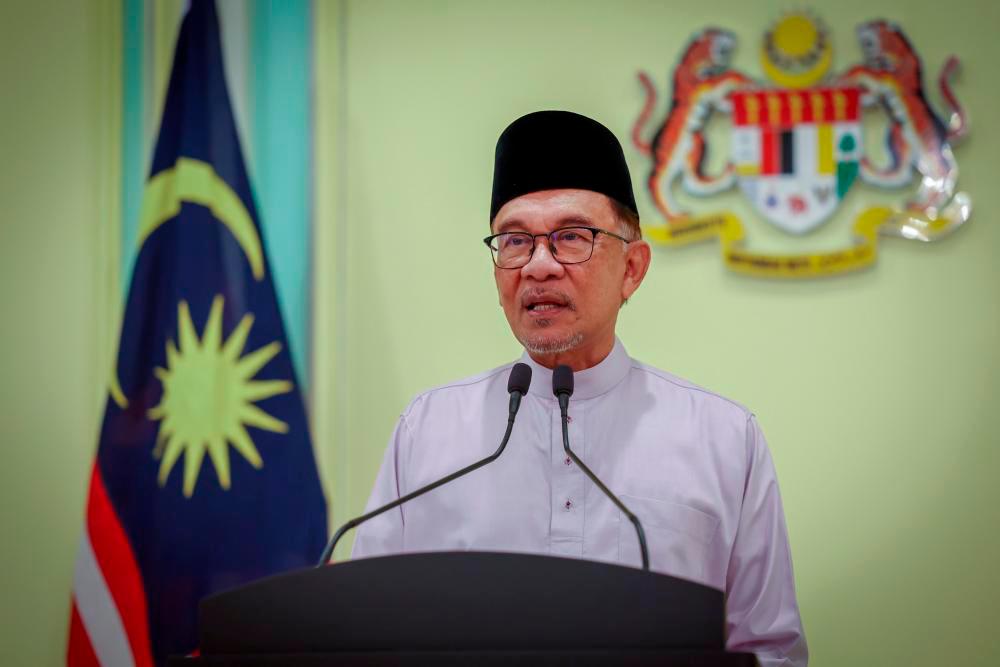PUTRAJAYA: Prime Minister Datuk Seri Anwar Ibrahim launched the National Human Resources Policy Framework today, which addresses key aspects including equitable compensation and job welfare.
Minister of Human Resources Steven Sim Chee Keong stated that the framework, which comprises three cores and 11 strategies, was developed after considering feedback from stakeholders and the public through engagement sessions, focus group discussions, and online surveys.
“This framework addresses crucial issues related to workers such as fair compensation, job welfare, labour union movements, job mismatches, and foreign labour.
“This framework will further serve as a guide in formulating the comprehensive National Human Resources Policy for the 13th Malaysia Plan,“ he said during his speech at the 2024 national Labour Day celebration themed ‘Pekerja Kesuma Bangsa’ at the Putrajaya International Convention Centre today.
Also present were Deputy Prime Ministers Datuk Seri Dr. Ahmad Zahid Hamidi and Datuk Seri Fadillah Yusof, Chief Secretary to the Government Tan Sri Mohd Zuki Ali, and Public Service director-general, Datuk Seri Wan Ahmad Dahlan Abdul Aziz.
Addressing the government’s efforts to enhance the wages of Malaysian workers, Sim highlighted that the forthcoming pilot project of the Progressive Wage Policy, in collaboration with the Ministry of Economy, is expected to commence in June.
“The MADANI Government has allocated RM50 million for this pilot project, benefiting an estimated 1.05 million Malaysian workers,“ he added.
The proposed White Paper on the Progressive Wage Policy was presented in Parliament on Nov 30 last year, forming part of the government’s strategy to increase the median wage of workers and their share of compensation for the remainder of the 12th Malaysia Plan and the next 10 years.
Outlining the Ministry of Human Resources’ agenda for the year, Sim revealed that RM2.56 billion has been earmarked for skills training initiatives, encompassing diverse fields such as artificial intelligence (AI), robotics, green economy skills, and 5G technology.









